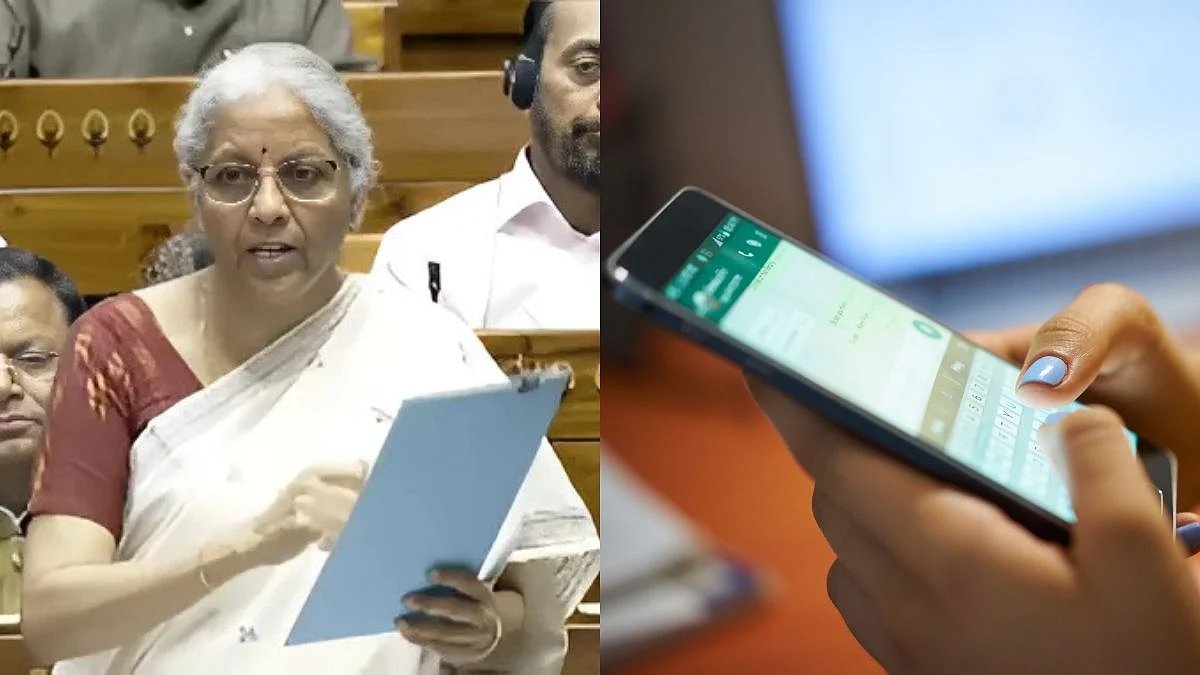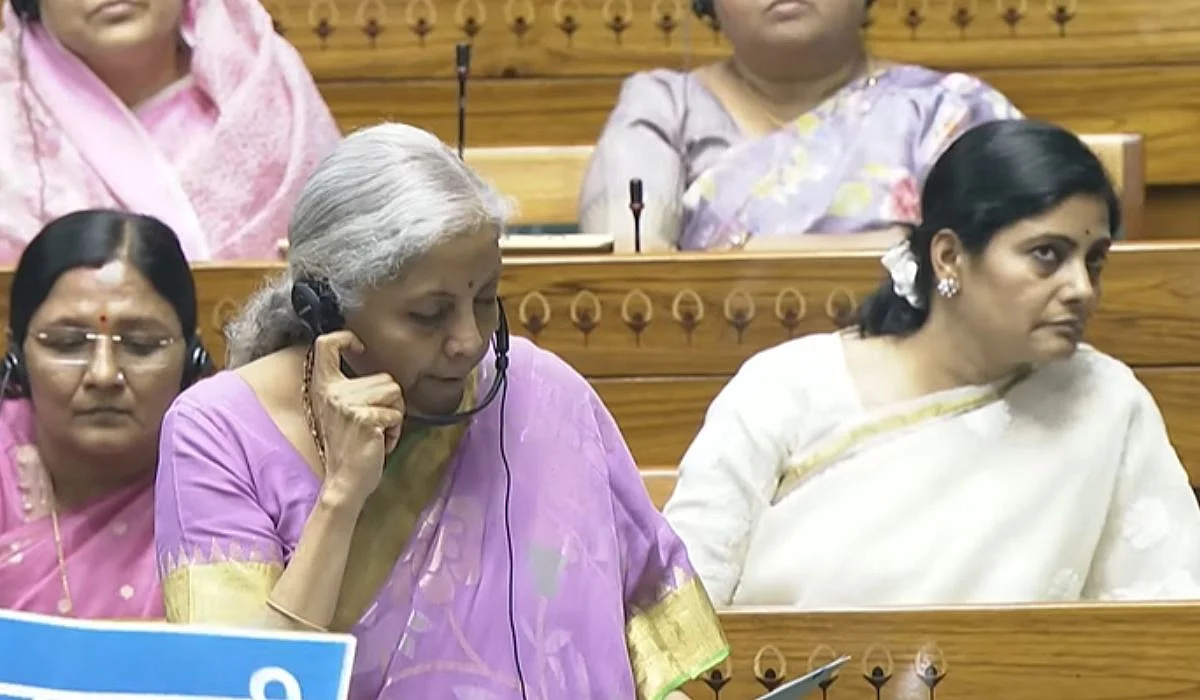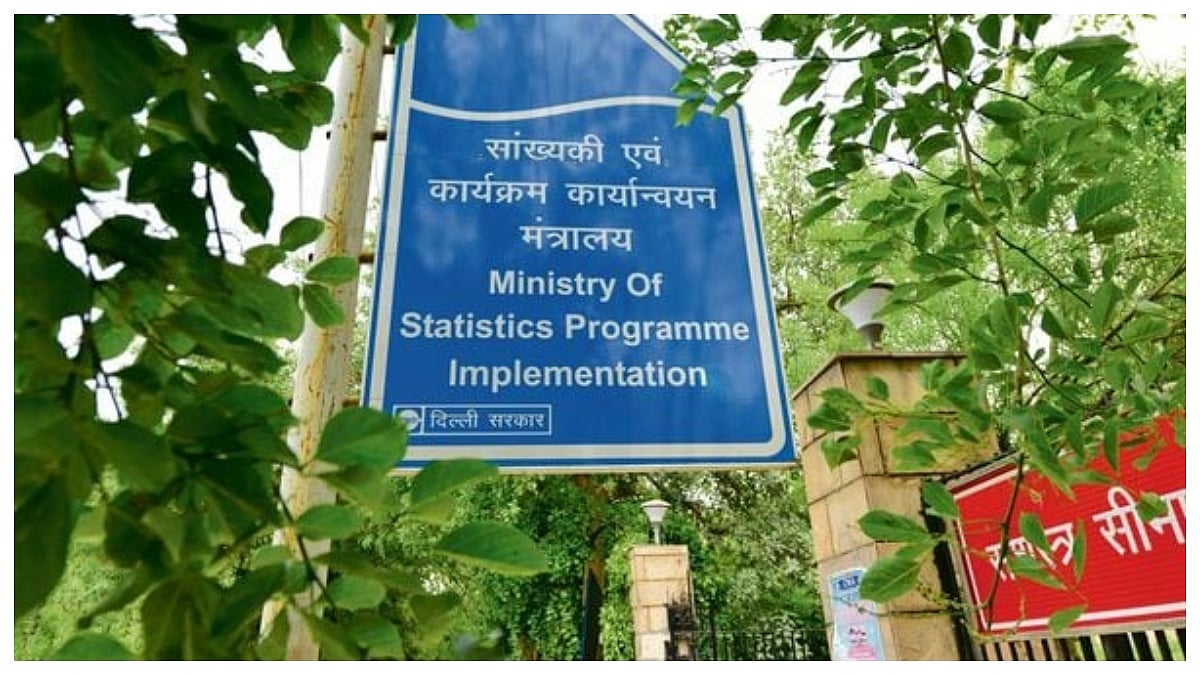New Delhi: The central government has decided to withdraw the Income-Tax Bill, 2025, just months after it was introduced in Parliament on February 13. The reason? A Parliamentary Select Committee led by Baijayant Panda suggested several key changes after reviewing it. To avoid confusion from adding too many amendments to the original version, the government will now introduce a fresh, updated version of the bill on Monday, August 11.
What Was the Bill Aiming to Do?
The original Income-Tax Bill, 2025, was designed to replace the old Income-tax Act of 1961. Its main goal was to simplify India’s direct tax law, make it easier to understand, and cut down on legal complications. It kept tax rates and slabs unchanged, focusing more on making the law more readable and reducing unnecessary litigation.
What’s New in the Revised Version?
The new version keeps the focus on simplification but also includes some important changes based on the committee’s suggestions:
Taxpayer-Friendly GAAR Rules
The General Anti-Avoidance Rules (GAAR) are meant to stop complex tax avoidance tricks. The committee suggested these should consider the context of each case. This will help balance strict rules with fairness to honest taxpayers.
Digital Search Powers Clarified
One controversial part of the old draft was a provision allowing tax officers to access digital devices—even if it meant bypassing passwords—in certain cases involving hidden foreign income. Many people raised concerns about privacy and overreach.
The Finance Ministry said this wasn’t a new power, but just a clearer version of what courts already allow. The committee agreed but recommended tweaking the language to make this clear.
Key Features of the Withdrawn Draft (Still Likely to Stay)
- Simpler legal language with fewer explanations and provisos
- Consolidation of deductions to make filing easier
- Lower penalties for minor offences
- "Trust first, check later" approach to reduce unnecessary scrutiny
- Digital tax tools and a proposal to define a clear “tax year”
- No changes to tax rates, slabs, or capital gains rules
The revised Income-Tax Bill will be tabled in Parliament on August 11. Lawmakers will debate the changes, and if passed, the new law could soon replace the 63-year-old Income-tax Act, 1961.












